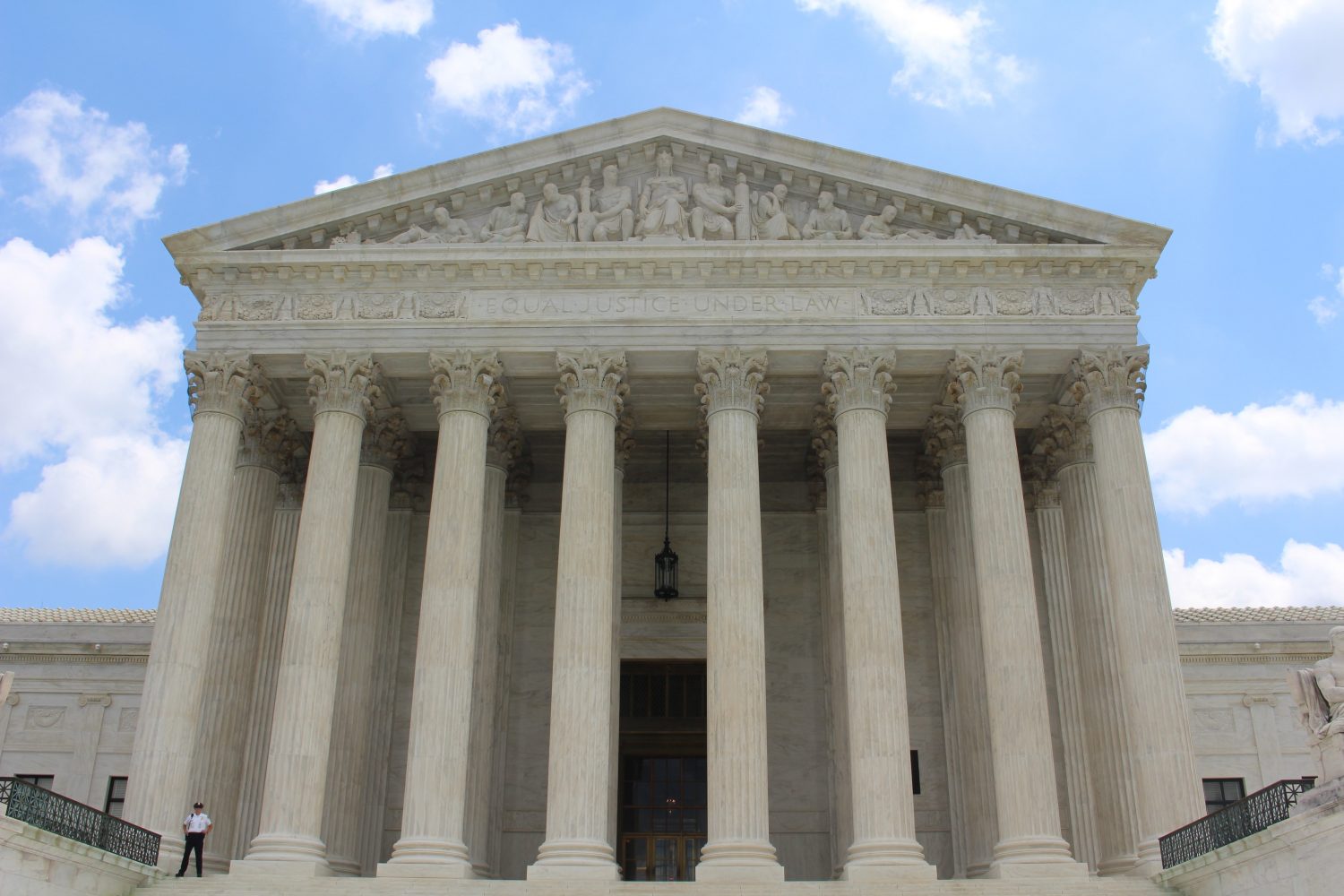A Devastating Blow to Common Sense and Judicial Conservatism
It is, by now, a familiar experience for members of the Family Institute of Connecticut. We just won every single battle we fought here in our state this year. Only to then see the pro-family cause dealt a major defeat on the national level.
On Monday the U.S. Supreme Court ruled in the Bostock and Harris cases that “sex” as defined in federal law can also mean “sexual orientation” and “gender identity” in an employment discrimination case. This judicial overreach is potentially devastating for America; including healthcare – such as forcing employers to pay for sex change operations, issues of free speech – punishing people for the use of the wrong pronoun, a loss for amateur and professional women in sports; and jeopardizing longstanding religious liberty protections.
That last part is key. The oft told narrative of Connecticut’s one-sided media is of a state that blazed the trail for same-sex marriage. The real story is that FIC not only stopped it until it was imposed by the courts (and, by then, hardly noticed elsewhere) but that we secured the strongest religious liberty protections against it in the country.
Indeed, the real trail-blazing of Connecticut was our success in protecting religious freedom against an ascendant, deeply hostile, gay rights regime. You won’t hear about that one in the press. But every major LGBT law–gay rights in 1991, same-sex marriage in 2009, transgenderism in 2011–included stronger religious liberty guarantees than now exist in most other states.
All that we have done to protect religious liberty in Connecticut is now imperiled by the Bostock ruling. Worst of all, it is imperiled by the pen of Justice Neil Gorsuch, supposedly a textualist who would not legislate from the bench. Yet consider the description of his ruling from the dissent of Justice Alito with Justice Thomas agreeing:
“There is only one word for what the Court has done today: legislation.”
“A more brazen abuse of our authority to interpret statutes is hard to recall.”
“The question is not whether discrimination because of sexual orientation or gender identity should be outlawed. The question is whether Congress did that in 1964.”
What might be the ramifications of Justice Gorsuch being the one who did this? For 28 years religious conservatives have been crawling their way back from Casey v. Planned Parenthood, a 1992 case in which a Republican plurality reaffirmed legalized abortion. Did something like that just happen again? Are religious conservatives willing to go another 28 years of being told, “Trust us on this judicial nominee. This time will be different.”
Clever thinkers on both the left and the right have said there is less here than meets the eye. They note that Gorsuch listed specific areas that he said were unaffected by his ruling. They theorize that the Supreme Court is about to hand down a number of other rulings that will favor the rule of law over leftist policy preferences.
These points, even if true, are small comfort. They are based on the suspicion that there is some horsetrading going on behind the scenes, amid Justices concerned for the Court’s reputation. But weren’t the conservative Justices supposed to be more than black-robed politicians?
We don’t know for sure yet what is happening or what this decision will mean. We only know this: We are on our own.
There will be no calvary charging over the hill, on the national level, to protect pro-family citizens in deep-blue states like Connecticut. With Justice Gorsuch having cast new doubt on the entire judicial conservative project of the last thirty years, what victories we win will be won by us, on the local level.
Our work to protect the religious freedom of all of Connecticut, as well as to stand for the reality and importance of biological sex, is now more crucial than ever.
But we know, as a June 17th Scripture commentary put it, “the Lord is able to bring glorious victory out of apparent defeat.”

















